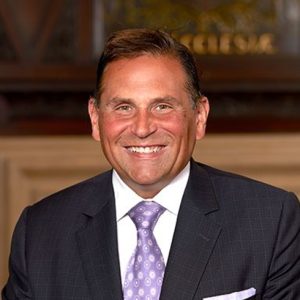The constant presence of multiple alarms in New York health care facilities can be a contributing factor to medical mistakes and negligence.
In New York, hospitals and other health care facilities are constantly adapting to new technology and updating systems that allow physicians and nurses to monitor and care for patients. Each machine has its purpose, and the alert it provides could mean the difference in life or death.
Turning them out
Adjusting to the presence of a constant sound and gradually tuning it out is a brain function that allows many to perform in over-stimulating environments. However, when the constant sound is a patient alarm, and the health care providers in the vicinity fail to respond, the patient could suffer unnecessary harm.
Unfortunately, nurses and physicians are not subjected to a single alert, but hundreds every hour, leading to sensory overload commonly known as alarm fatigue. In order to deal with the tasks at hand, many nurses and clinicians adjust the volume levels of the machines, learn to ignore the noise, or even turn off the alerts completely.
Too many alerts
According to Advanced Critical Care, a journal published by the American Association of Critical-Care Nurses, the alarms going off in clinical situations are false in 72 percent to 99 percent of the cases, with relatively few indicating a legitimate medical emergency. Listening to hundreds of alerts and identifying which ones require immediate attention can be difficult or impossible. If providers were to attempt to respond to each, they would have to leave sterile environments to check the status of other patients, raising the risk of cross-contamination and infections significantly.
Managing alarms
The Washington Post reported that the association that provides accreditation to hospitals, the Joint Commission, requires health care facilities to analyze the health risks associated with delayed responses to each in an attempt to improve alarm safety. Between January 2009 and June 2012, there were 98 instances of adverse events related to alarms reported to the commission, but experts believe these represent a fraction of the incidents that occurred.
One potential solution being put into effect in some facilities is limiting who is authorized to turn off alarms. Many hospitals are also attempting to limit the number and types of alarms going off by standardizing equipment purchased so that alerts are easier for staff to identify.
A patient who sustains harm as a result of a missed alert may have an extended hospital stay, leading to greater medical expenses, lost wages and pain and suffering. Determining whether the responsibility for the incident lies with the manufacturer of the device, a physician or a member of the nursing staff may be difficult. A medical malpractice attorney in New York may be able to help identify liability so that a person can receive compensation that is entitled by law.

Edward A. Ruffo, Partner
Mr. Ruffo currently litigates cases at the state and federal levels in New York and New Jersey and has obtained numerous multi-million dollar medical damage awards for his clients. He has been annually ranked as a Top 10 and Top 100 Trial Lawyer by numerous professional societies including The National Trial Lawyers Association.

